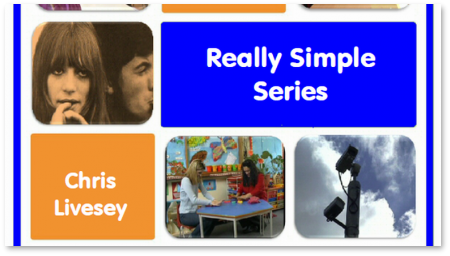|
|
|
|
Introductory |
This simulation is designed to encourage students to discover the "everyday rules of social behaviour". |
|
|
A slightly- |
|
Research Methods |
A simple mind- |
|
|
Simulation that can be used to introduce a practical dimension to research methods such as field or natural experiments. |
|
|
The Sociological Detectives: Trial: And Error The latest addition to the burgeoning Sociological Detectives™ Universe is a role- |
|
|
The Sociological Detectives: Trial: And Error Online Version The same functionality as the PowerPoint version but probably better- |
|
|
The Sociological Detectives: BOLO In "Be On the Look Out for", the second (following Trial and Error) in the Research Methods series, students take on the role of Sociological Detectives to investigate and evaluate Non- |
|
|
The Sociological Detectives: Hiding in Plain Sight The 3rd PowerPoint in the Research Methods series combines a hands- |
|
Theory |
Not so much a simulation, more a lesson outline that uses a range of practical activities to illustrate Baudrillard's concept of simulacra and link it to hyperreality. |
|
Deviance |
Use the format of a jury trail to set- |
|
|
A short simulation you can use to introduce Merton's concept of anomie. |
|
|
The Sociological Detectives: We Have A Situation In this simulation students take on the role of Sociological Detectives to investigate and explain the behaviour of "unruly youth" using a mix of video and text. |
|
Social Inequality |
Use this simulation to give students practical experience of educational inequality. |
|
|
This simple simulation uses the cover of a "revision quiz" to explore different forms of capital - |
|
|
If you want an "inequality simulation" that's very simple to set- |
|
|
Flipping Good | 1. The Structure of Social Action This simple- |
|
Education |
This simulation is based around the idea of "language differences" and can be used to question notions of cultural deprivation in an educational context. |
|
|
This simulation uses the mechanism of a series of lotteries to explore how differences in achievement may result from material and cultural factors that occur both inside and outside the school. |
|
|
The Sociological Detective: DEA This simulation helps students understand and explain reasons for differential educational achievement. |
